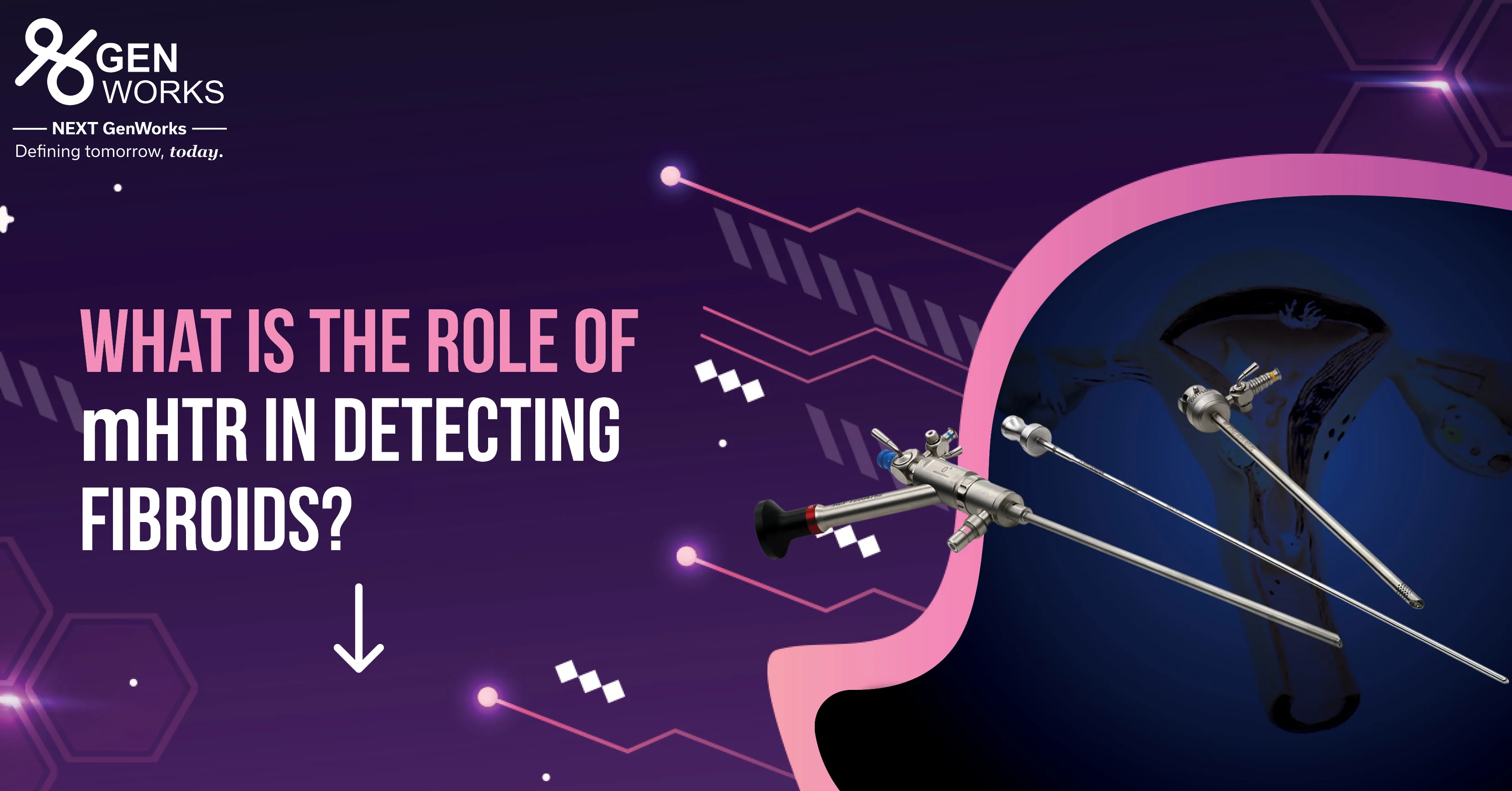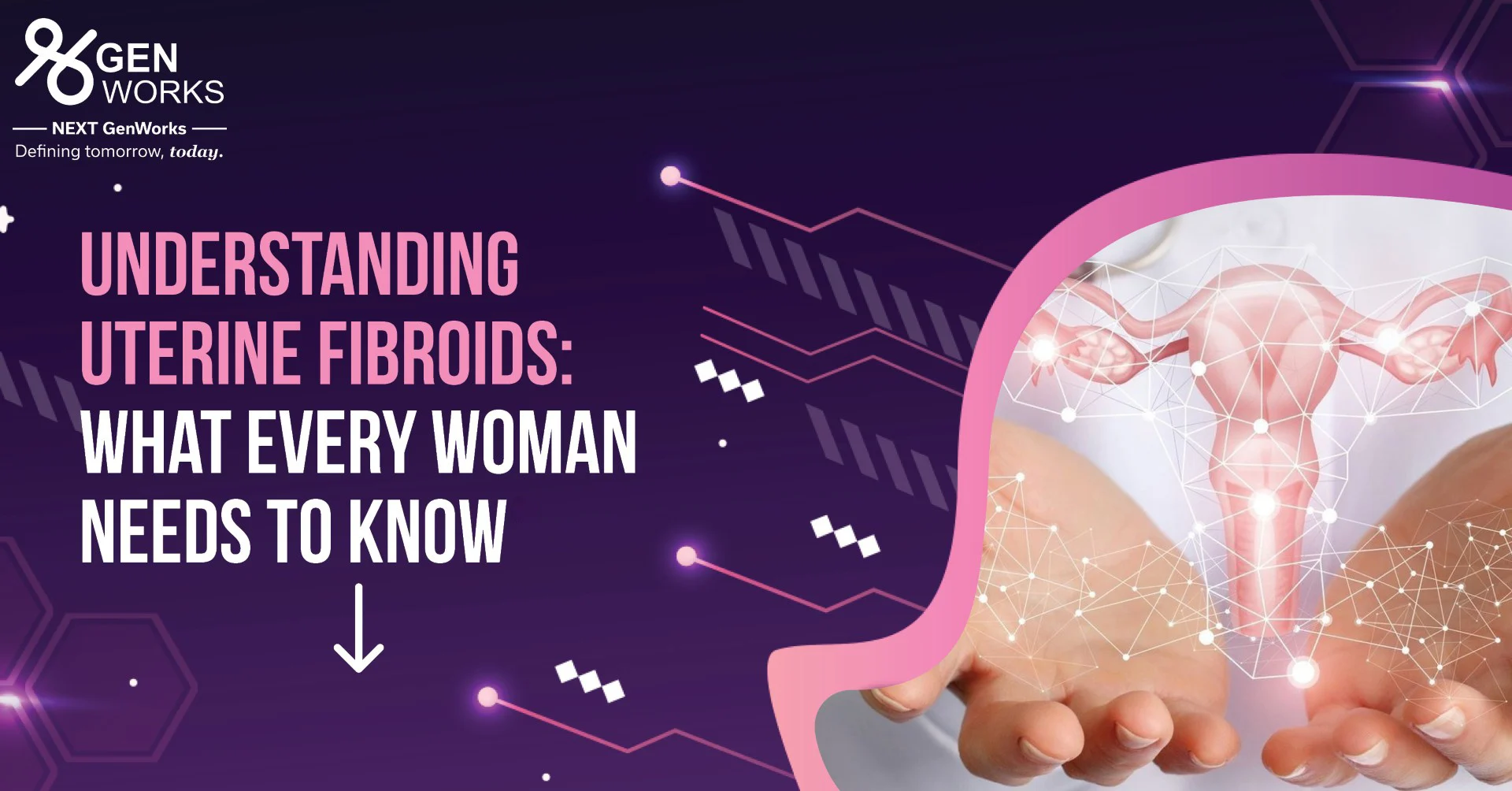The Importance of Spreading Cervical Health Awareness
.png)
Cervical Cancer is a chronic disease that affects women by being the fourth most common cancer globally. The mortality rate in women is very high because of a disease like cervical cancer a disease that is completely preventable if efforts are made.
If we talk about India in particular where healthcare challenges are manifold, it is important to understand the seriousness of this problem and advocate for preventive measures. Every woman should know that cervical cancer is preventable and also treatable when diagnosed early.
January is observed as a Cervical Health Awareness month and in this blog, we will see how we can empower women by spreading cervical health awareness.
Understanding Cervical Health:
The Cervix is an important component of the female reproductive system and is also indispensable for maintaining cervical health. As the lower portion of the uterus, it connects to the vagina and undergoes significant anatomical changes through various life stages including menstruation, childbirth, and pregnancy. The changes underscore the critical role it plays in reproductive processes and overall well-being.
Maintaining cervical health is not just about understanding the dynamic anatomy of Cervix but also involves proactive measures for addressing potential risks. Common factors such as HPV infection and other conditions can affect cervical health focusing on the necessity for a proactive approach including regular screenings and preventive measures for protecting women’s reproductive health.
Risk Factors Associated With Cervical Cancer:
The cervical cancer risk is influenced by a combination of factors and understanding them is important for timely intervention. The primary one among these is HPV - a commonly transmitted sexually transmitted infection. The prevalence of HPV highlights the importance of preventive measures including vaccinations.
In addition, lifestyle choices including smoking and also engaging in high risk behaviours can also increase susceptibility to cervical cancer. An important consideration is also family history as women with relatives who have had cervical cancer can face an increased risk. Understanding these risk factors can empower women to make informed decisions about their health and take proactive measures to reduce potential risks.
Signs and Symptoms of Cervical Problems:
Timely detection is the centre of successful cervical cancer treatment and familiarity with the warning signs is actually important. Symptoms can be subtle and also indicative of many health problems which is why paying attention to persistent signs is important.
All kinds of abnormal bleeding, unusual discharge, and pelvic pain are indicators that demand prompt medical attention. There should be regular checkups and increased awareness of changes in the body that can contribute to early detection. In addition, women must also be encouraged to never hesitate to consult a healthcare professional if any problems come up so that a proactive stance can be maintained.
Spreading Awareness and Breaking the Silence:
Increasing awareness, improving healthcare, and embracing preventive measures can help in reducing the burden of cervical cancer in India. Women must be empowered with ample knowledge about cervical problems, how they can be prevented, and the importance of regular screening and treatment in treating this disease.
GenWorks Health understands the importance of breaking the silence around cervical cancer to prevent this disease. By spreading awareness and hosting round table discussions such as “Prevent the Preventable”, the company aspires to encourage open conversations about women’s health.
Encouraging Screening and Vaccination:
Regular screening is another important aspect of cervical cancer prevention. Advanced medical devices such as EVAPro and ThermoGlide are promoted by GenWorks for timely screening and one-sitting treatment.
For all women aged 21-29, Pap tests become important and for women aged between 30 and 65 years, screening for cervical cancer must be done following the below-mentioned approach.
-
HPV Test every 5 years
-
HPV/Pap Test every 5 years
-
Pap Test every 3 years
Other than screening, vaccination also plays a key role in prevention. The HPV vaccines are extremely effective in preventing infections that can lead to cervical cancer. It is important to vaccinate girls before they turn 15 years of age.
Conclusion:
Understanding and prioritizing cervical health involves recognising the importance of Cervical Health Awareness Month, adopting healthy habits and seeking active support from experienced professionals.
GenWorks Health encourages all women to prioritize their cervical health and take important steps towards a healthier and empowered life.




